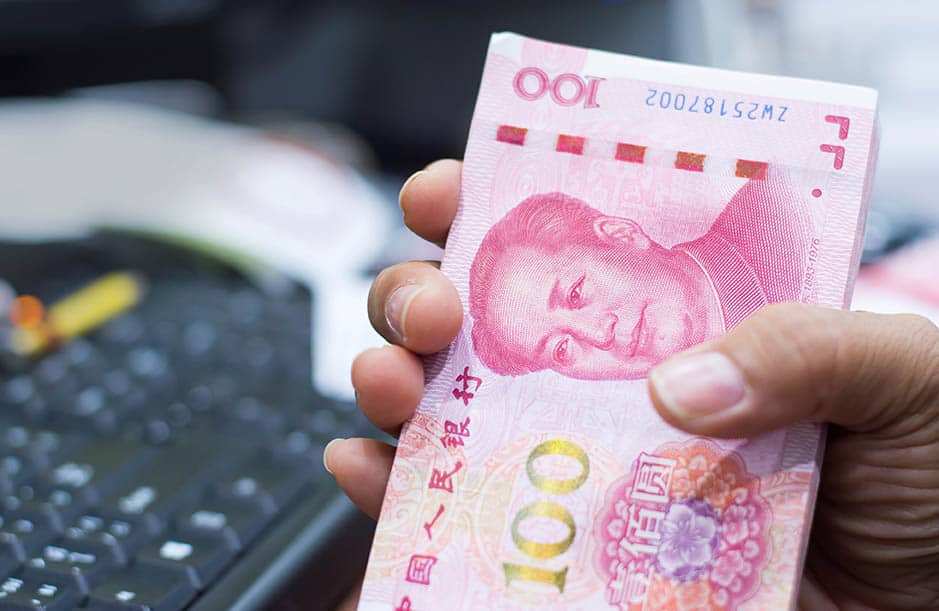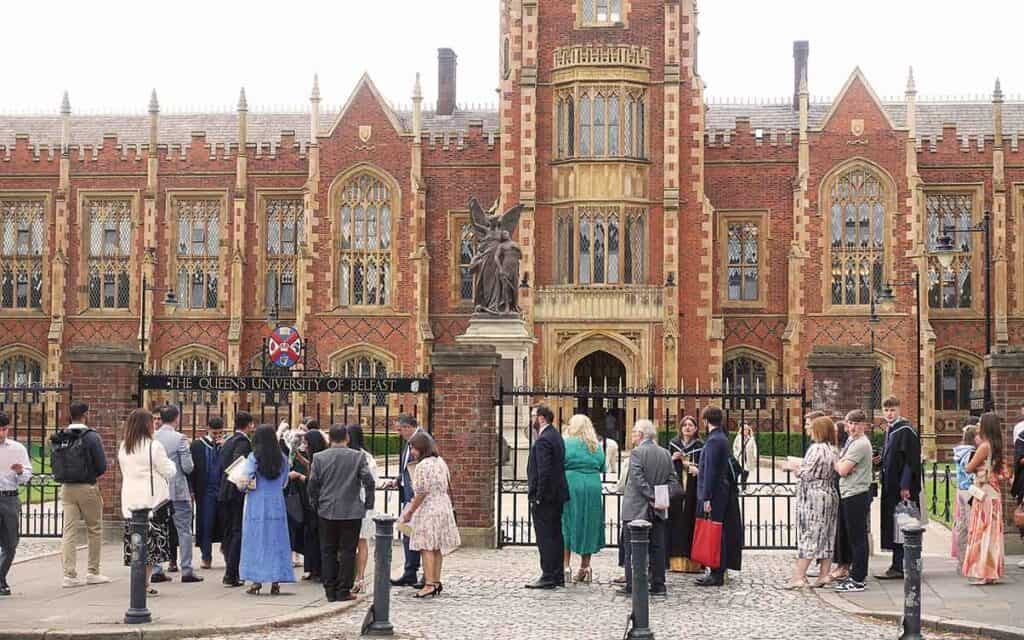In order to receive a scholarship from the state-run Chinese Scholarship Council, CSC, doctoral candidates must sign a secret agreement. If a doctoral candidate does not complete their doctoral programme, they or close relatives in China who act as their guarantors may be liable for repayment. The guarantors are also prohibited from leaving China for an extended time during the scholarship period.
These secret agreements were discovered in 2021. At that time, Karolinska Institute, KI, was accepting up to 30 CSC doctoral candidates a year. KI chose to put the collaboration on hold in 2022 after the CSC said it did not want to change the scholarship holders’ conditions, says Robert Harris, who is KI’s deputy vice-chancellor for doctoral programmes.
“We also questioned a clause regarding a repayment obligation if the doctoral candidate engages in any activity that contradicted the views of the Chinese state.”
An assessment report by UKÄ has now supported KI’s view that the agreement between the scholarship holders and the CSC contravenes the Higher Education Ordinance’s requirement that higher education institutions have knowledge of scholarship holders’ conditions and that these must be reasonable.
Additionally, the primary rule in Sweden is that doctoral candidates are to be employed. UKÄ has concluded that China does not even qualify as a country whose scholarship holders are exempt from this rule, because China has its own research capacity and the CSC collaborations are not EU-funded.
KI is now reviewing what further measures it needs to take in light of the assessment report.
“It is good that we have been given guidance regarding the grey areas so that it will be easier to act correctly in the future,” says Harris.
KI and KTH, the Royal Institute of Technology, had the highest numbers of CSC doctoral candidates in the 2021–2023, but there were also doctoral candidates with CSC scholarships at Lund University, Uppsala University and Luleå University of Technology. KTH never paused the CSC collaboration and does not currently want to terminate it either. KTH has questioned UKÄ’s legal interpretations.
Stefan Östlund, KTH’s deputy vice-chancellor for internationalisation, calls the Higher Education Ordinance ”ideological” in its restrictions regarding state sector higher education institutions’ admission of doctoral candidates with scholarships. He says that the restrictions create a competitive disadvantage in the international academic world.
This year, KTH has admitted 12 CSC doctoral candidates. Östlund says that KTH knows about the scholarships’ terms and conditions and wants to continue the dialogue with the CSC on the issue of repayment obligations. He does not think that it is unreasonable that the scholarship holder needs to pay back money in some cases, for example if they are suspended due to misconduct, and that a model which uses guarantors is not necessarily wrong.
KTH’s CSC doctoral candidates may also be liable for repayment if they do not work in China for two years following completion of their PhD, which UKÄ believes is an unreasonable requirement.
“In some countries, we probably have to be prepared for such demands,” says Östlund.
How is that compatible with academic freedom?
“Academic freedom is the right to conduct research on anything you want in any way you want.”
Does that include conducting research anywhere you want?
“I can agree with that entirely, but not all countries are like Sweden in that respect.”
UKÄ’s assessment report focuses particularly on CSC doctoral candidates because they are so numerous, but the report covers scholarship doctoral candidates in general. Its findings show that between 2021 and 2023, KTH admitted three doctoral candidates with state scholarships from Thailand, a country that Stefan Östlund also notes is a dictatorship.
That scholarship agreement states that recipients must work for the Thai state for twice as long as they have studied abroad. That means eight years after a four-year doctoral programme. If they do not fulfil that obligation, they may be fined a sum of three times the scholarship amount.
“Personally, I think that is far too long, but if the scholarship holder sees it as a way to secure an attractive education, I think they should be able to do it,” he says.
UKÄ will follow up the report when it has received the views of the higher education institutions and information on any measures they have taken.

















